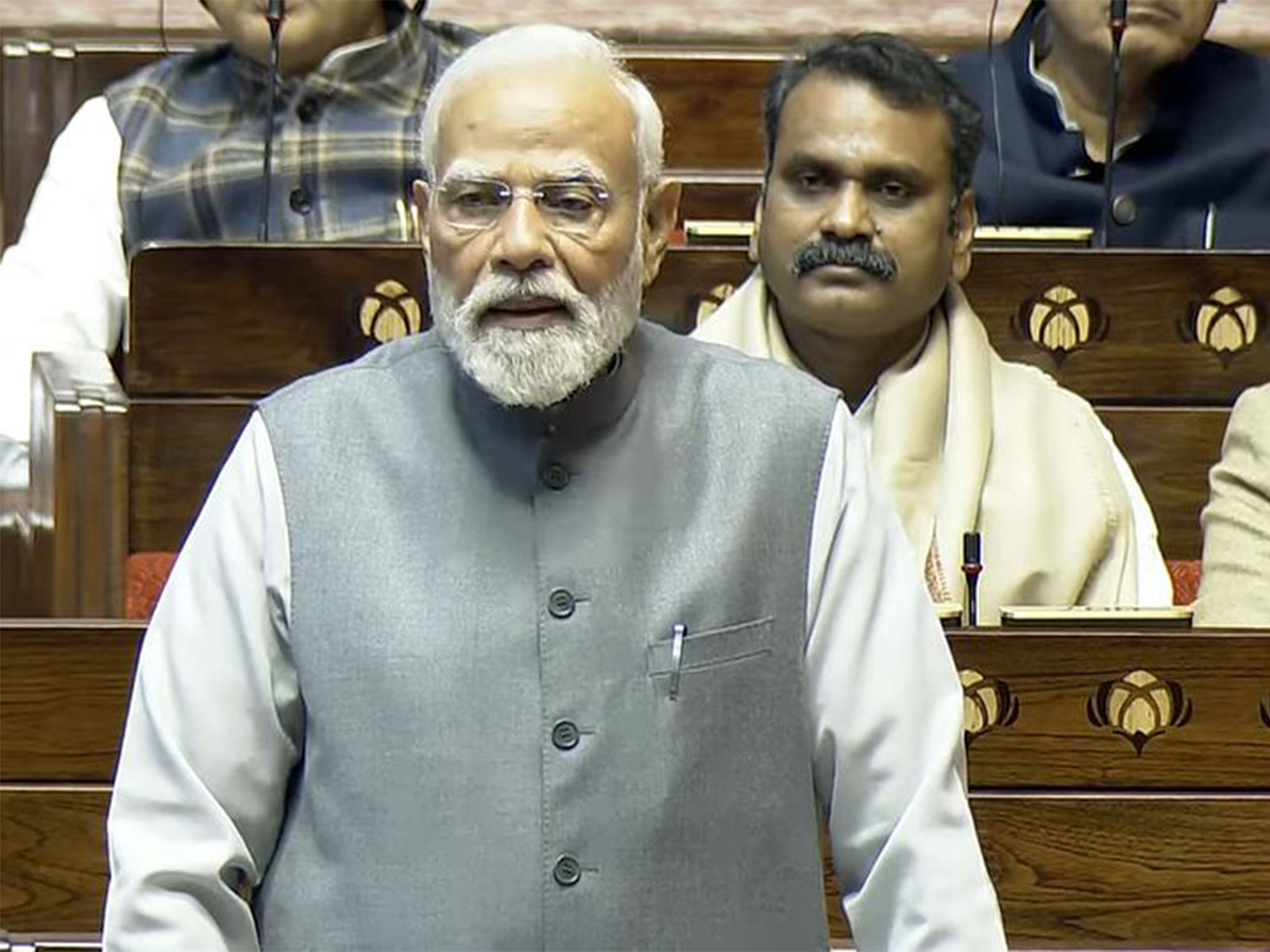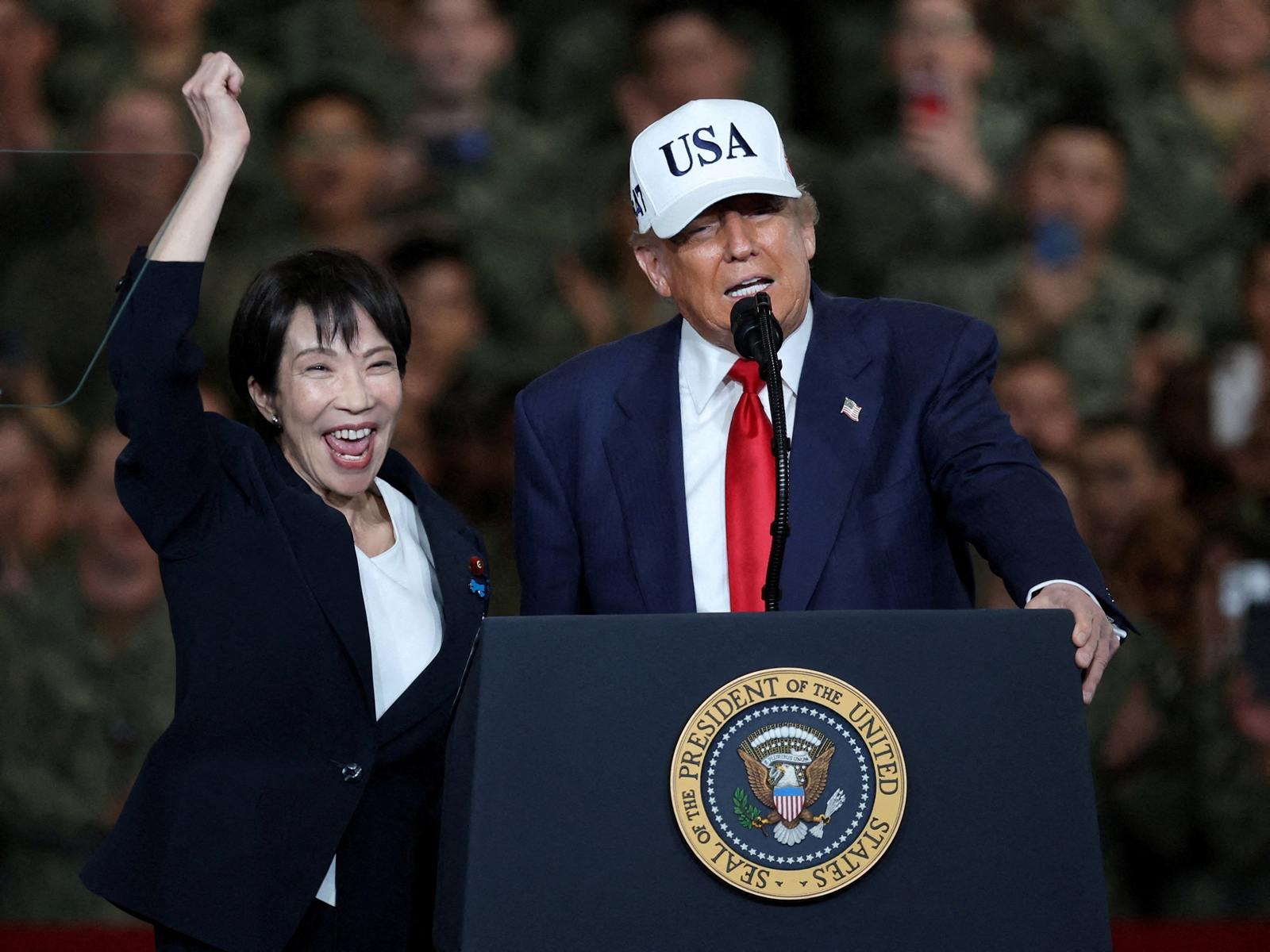World Cup third-place play-off: does it really matter in the end?

On Saturday evening in the architecturally aesthetic, spaceship-looking Krestovsky Stadium in Saint-Petersburg, England and Belgium will look for some consolation following their heart-breaking semi-final defeats to Croatia and France respectively.
It’s not the match they want to take part in, they’d rather play the one taking place 25 hours later in the capital’s Luzhniki Stadium, 730 kilometers south, but it’s an obligation they must complete.
The third-place play-off has always been a much-maligned fixture on the World Cup calendar, with the debate of whether it should be on the cards going on for ages and there’s always the question of whether the game really matters?
Fans and professionals alike have gone into the debate, stating that the meagre reward available to both teams at the end of the clash is not really a motivating factor, with most of the energy and inspiration already drained out from the semi-final loss.
Some believe it adds a stain on the loser’s record, as they have to add back-to-back defeats to end their run at the World Cup, while others think a loss at the stage does not reveal the true value of the effort and commitment put in by one side over the course of the tournament. Whatever may be the reason for the wish to abolish this fixture from the schedule, there are several positives.
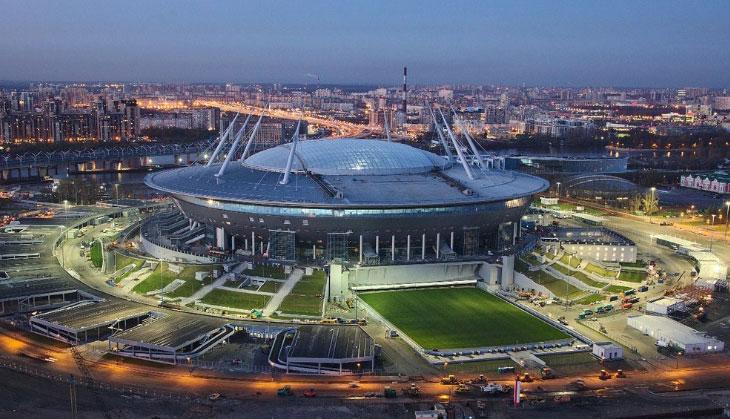
The third-place match is always exciting
From a footballing standpoint, it’s almost always a goal-fest. The final is always tight, cagey and intense, with defences standing strong and managers unwilling to give in to the opposition. The match, the day prior, is always open and free-flowing, adding greatly to the final goal tally of the tournament and proving to be a cause for the excitement of the fans.
Ever since FIFA switched to a 32-team competition, the third-place matches have had a combined 20 goals, including two 3-2 thrillers in 2002 and 2010. They produced an average of four goals per match. The final contrasts this statistic, as in the same period, there have been nine goals (in normal time), an average of 1.8 goals per game.
Lots of positives for the third-place match
Another positive of this fixture is that it further solidifies a player’s status as one of the best in the tournament. In 2002, Turkey’s HakanŞükür made history by scoring 10.8 seconds into the third-place clash with South Korea, becoming the World Cup’s fastest-ever goal scorer.
Eight years later, Diego Forlán, who was having the time of his life in South Africa in 2010, added a fifth goal of that campaign, which was later voted as the best goal of that edition of the World Cup. Forlan added to his case to win the Golden Ball, which was an incredible achievement for him as it completed his grand career revival following a disappointing stint in England for him.
The game, no matter how good it is, is often forgotten because it is eclipsed by the events of the final a day later. Yet, no matter how bad that may be, there are several reasons FIFA still include it in the schedule as mentioned above.
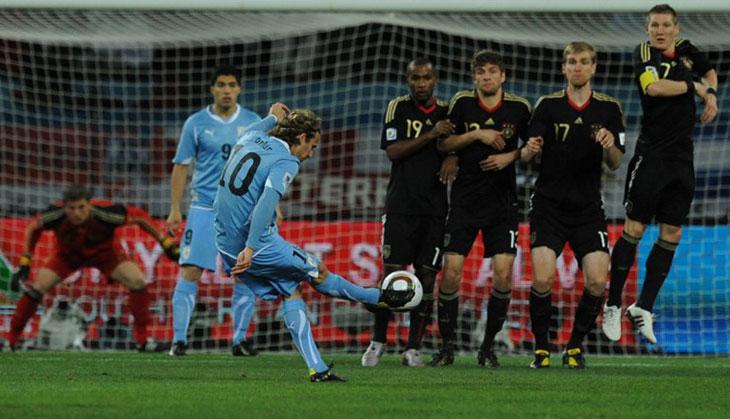
England and Belgium vie for third place
This year’s clash between England and Belgium has several sub-plots to it. Perhaps most importantly is the Golden Boot race between leader Harry Kane and chasing Romelu Lukaku. The England captain has scored six times, but should Lukaku score two and both complete the 90 minutes, the award could go to the Belgian forward. Both players will be up for it, for a chance to win an individual honour as prestigious like that comes about rarely.
The two met earlier in the competition but played their second-string sides with both having secured qualification and quite comfortably as well from their group. That clash was lethargic, but with little on the line here, perhaps this can be more exciting. Both squads are young, energetic and interesting to watch having shown their best in Russia over the last month, and with incentive to gloss up their CVs, they may just be up for it. However, the reactions from the two managers don’t seem all that encouraging.
Managers not positive
Speaking after the loss to France, Roberto Martínez didn’t seem too positive: “It is a difficult emotion to manage. You are disappointed you lost the semi-final. It is difficult to almost see the opportunity to play another game as a positive.” England Manager Gareth Southgate had an identical thought, sharing sentiments of predecessors: “The honest thing is it’s not a game any team wants to play in. We have two days to prepare. We will want to give a performance of huge pride, no question about that.”
The two managers may be uninterested, but a clash where little is expected is often the one that provides the most exhilaration. This clash between England and Belgium has all the talent and all signs point towards another goal-fest. While many want FIFA to follow UEFA’s model and completely abolish match 63, that seems unlikely. For now, the fixture is here to stay, it’s here to provide goals and like so many tournaments gone by. Despite the prize being at a little enticement, this match may just turn out to be one of the best over the last month.



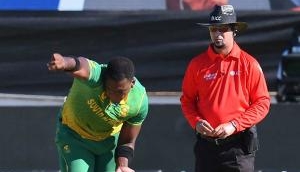

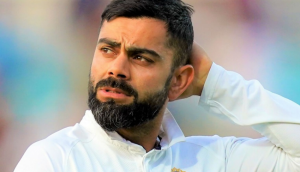
![BJP's Kapil Mishra recreates Shankar Mahadevan’s ‘Breathless’ song to highlight Delhi pollution [WATCH] BJP's Kapil Mishra recreates Shankar Mahadevan’s ‘Breathless’ song to highlight Delhi pollution [WATCH]](https://images.catchnews.com/upload/2022/11/03/kapil-mishra_240884_300x172.png)

![Anupam Kher shares pictures of his toned body on 67th birthday [MUST SEE] Anupam Kher shares pictures of his toned body on 67th birthday [MUST SEE]](https://images.catchnews.com/upload/2022/03/07/Anupam_kher_231145_300x172.jpg)




